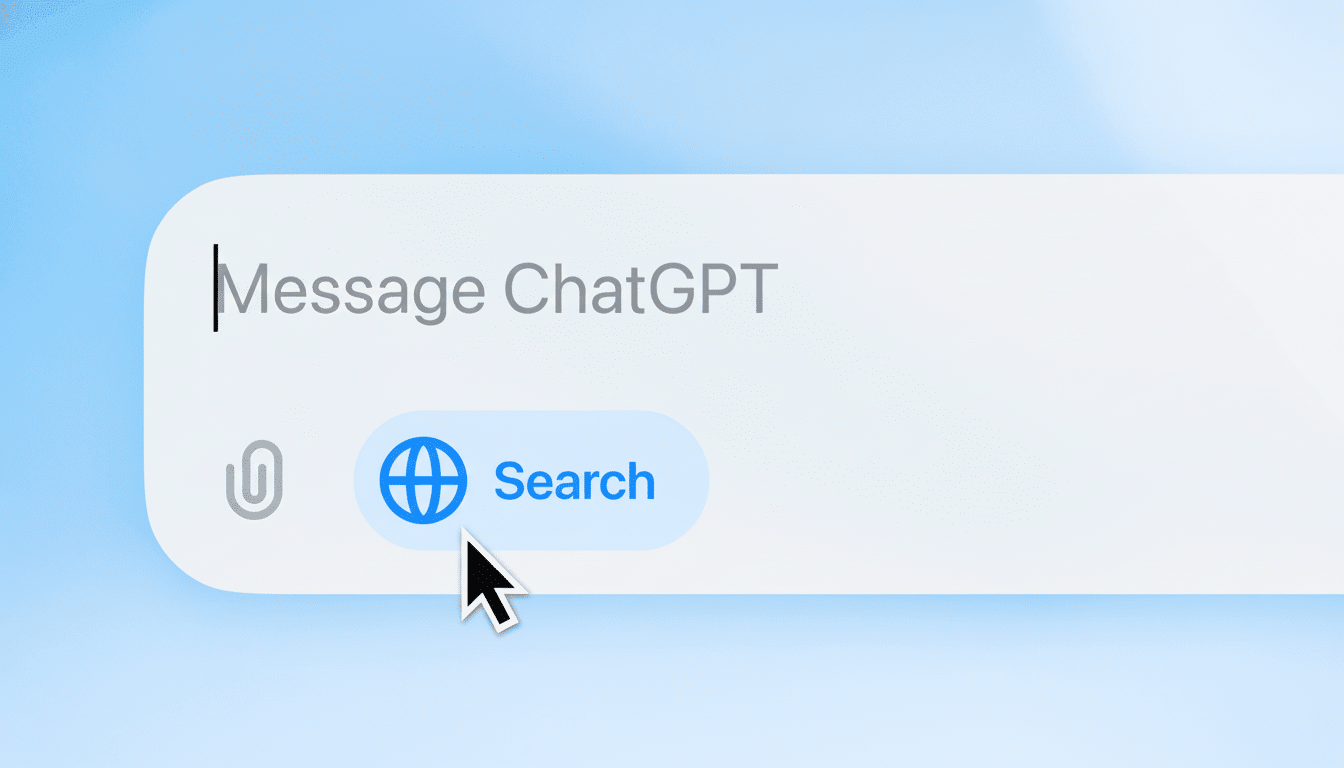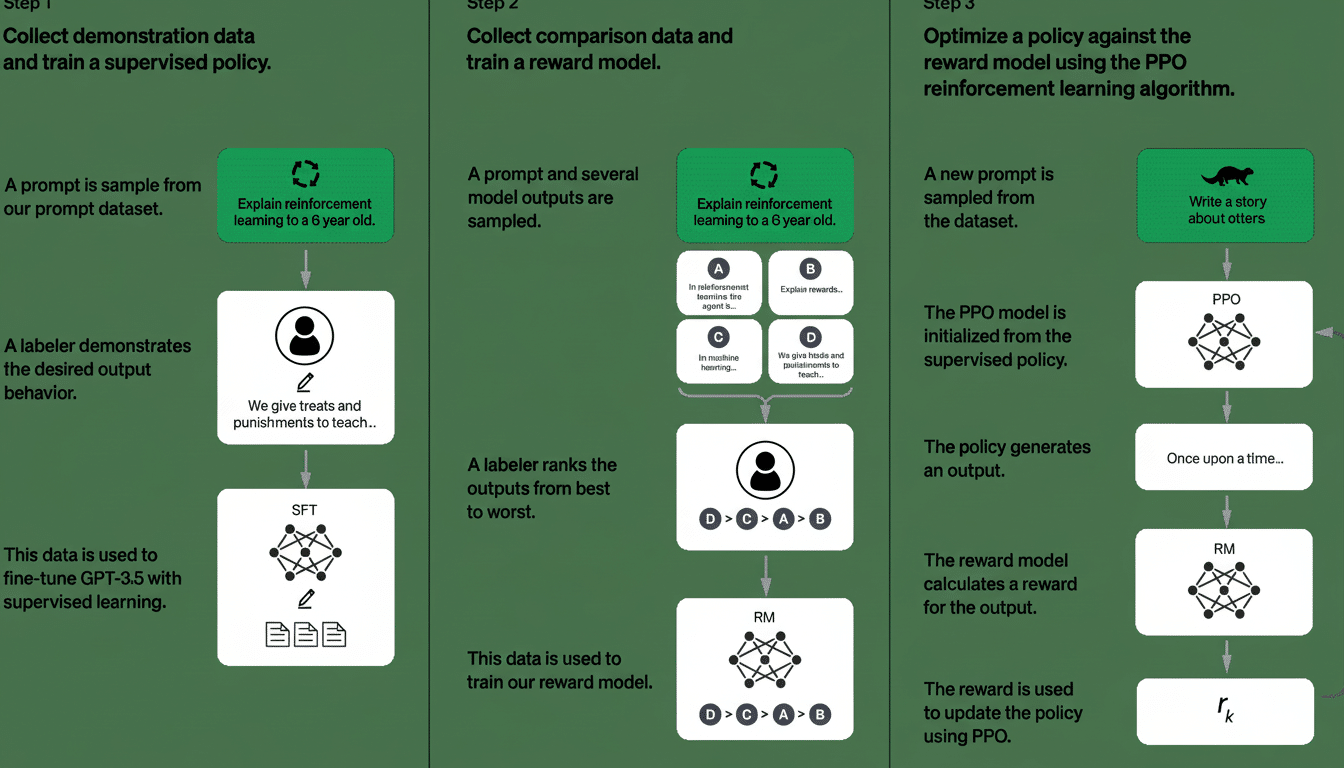The OpenAI Atlas isn’t in a race to win the browser wars based on traditional feature comparisons. It’s intentionally ambitious as a way of making ChatGPT the first place people go for search, answers, and everyday tasks — taking the model from your visiting tab to communicating with you on the surface where you live. Beginning today on Mac and coming soon to Windows and mobile, Atlas reverses that, serving up the chatbot itself as an interface while de-emphasizing this time around what’s happening on web pages themselves.
The strategy behind Atlas and its ChatGPT-first design
Atlas surrounds the browser with ChatGPT. The location bar turns into a command line. There is a little, annoying assistant who persistently floats over text boxes. Memory fuses your browsing and chat history to provide answers based on your previous context. OpenAI’s agent already relies on a browser that has no head; having the client allows the company to tighten that loop and coordinate more complex, multistep tasks without straying from ChatGPT’s lane.
- The strategy behind Atlas and its ChatGPT-first design
- Distribution and control: why OpenAI wants its own client
- An unorthodox browser that puts ChatGPT before pages
- Search interference or ChatGPT lock-in as a strategy
- Data, memory and identity: benefits and privacy trade-offs
- The adoption hurdle and the challenge of changing habits
- What to watch next as Atlas rolls out across platforms

OpenAI is also integrating its App SDK, allowing you to trigger third-party tools while inside ChatGPT rather than within separate tabs. That’s less about displaying pages, and more about turning the browser into a canvas for model-driven workflows—compare, summarize, draft, file, and send—driven by a single chat state.
Distribution and control: why OpenAI wants its own client
Big platforms control access. Large messaging apps, such as WhatsApp from Meta (formerly Facebook), by blocking general-purpose chatbots in the last year, have highlighted how dangerous it is to base your business on someone else’s surface. And by sending a browser to everyone, OpenAI eliminates platform dependencies and owns the distribution pipe for ChatGPT on desktop and mobile.
That matters at scale. OpenAI has publicly claimed more than 100 million weekly active users for ChatGPT since late 2023, and the user count is likely to have substantially increased since then, industry estimates indicate. What-if bot chart above has proposed several, including that even if only a few choose Atlas, the company secures an enduring direct portal to product updates, identity, and payments.
An unorthodox browser that puts ChatGPT before pages
Atlas debuts without many of the table-stakes features in modern browsers: no built-in ad-blocker, VPN support, reader mode, or one-click translate.
Instead, people are nudged to ask ChatGPT to summarize pages, look up details, or compare sources. In fact, web pages are inputs for the model to digest, but not destinations tailored for human consumption.
Or rivals like The Browser Company’s Arc experiment, which aimed to use AI to improve the browsing experience itself — like renaming your downloads intelligently, or letting you turn off page elements that distract you. On the other hand, Atlas orbits this model and treats the browser like scaffolding.
Search interference or ChatGPT lock-in as a strategy
Every AI browser hawks the death of “ten blue links.” Ask a question, receive an amalgamated answer. Atlas goes all in: the default flow is to query ChatGPT, not search. It’s not so much about beating Chrome on speed or Safari on efficiency and more about making sure that next query, and the next hundred, stay inside ChatGPT’s gravity well.

This is a data flywheel, too. The higher the volume of queries and clicks starting in Atlas, the stronger the behavioral signals for training and product tuning, from retrieval ranking to tool selection. OpenAI can also fold that telemetry back into model improvements and new features, tightening retention.
Data, memory and identity: benefits and privacy trade-offs
Memory is a marquee feature: ask, “Where’s the deck I drafted last week?” and ChatGPT can retrieve the link from your browser history in conjunction with previous chats. That convenience carries obligations. Clear consent, granular controls, data minimization, and portability are going to make the difference between memory feeling empowering or invasive — which are things that regulators like the FTC and the UK’s ICO, for example, pay very close attention to.
OpenAI further hints at a more generalized identity layer, potentially to be called “Sign in with ChatGPT,” that would allow partner apps to do similar things when authorized by the user. Done well, that gets you lower friction across tasks and higher return on your work; done poorly, it means over-collection and lock-in.
The adoption hurdle and the challenge of changing habits
Default status is brutally difficult to win. StatCounter estimates that Chrome has about two-thirds of worldwide browser usage, followed by Safari at close to a fifth and Edge in the mid-single digits. Chrome’s climb was built on speed and a simplicity that came at a time when users were ripe to make Google search their start page. Atlas has to convince billions of people to trade hard-learned habits and routines for a new way of working that puts chatting first.
Power users who are already opening every task with ChatGPT make a compelling case for why Atlas. For everyone else, OpenAI will have to prove that model-native browsing is more than just something new and is in fact reliably faster, more accurate, and trustworthy to the intelligence enhancers we’re using today.
What to watch next as Atlas rolls out across platforms
Execution details will determine the arc: the quality of citations and diversity of sources; latency under load; the resilience of its privacy settings; whether Atlas tacks on practical browser amenities without diluting its model-first vision. The speed at which releases propagate to Windows and mobile will also tip off how aggressively OpenAI hopes for Atlas to become the home field for ChatGPT.
The takeaway here is that Atlas reads more as a thinly veiled strategy to wall off OpenAI’s marquee product than a love letter to all things open web. If this happens, the browser won’t just render pages — it will make ChatGPT indispensable.

